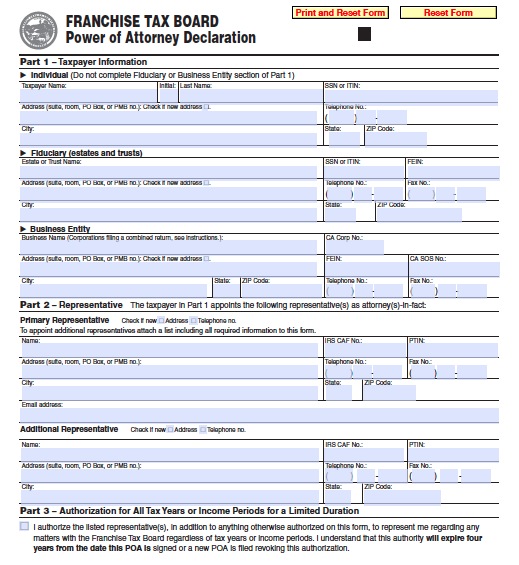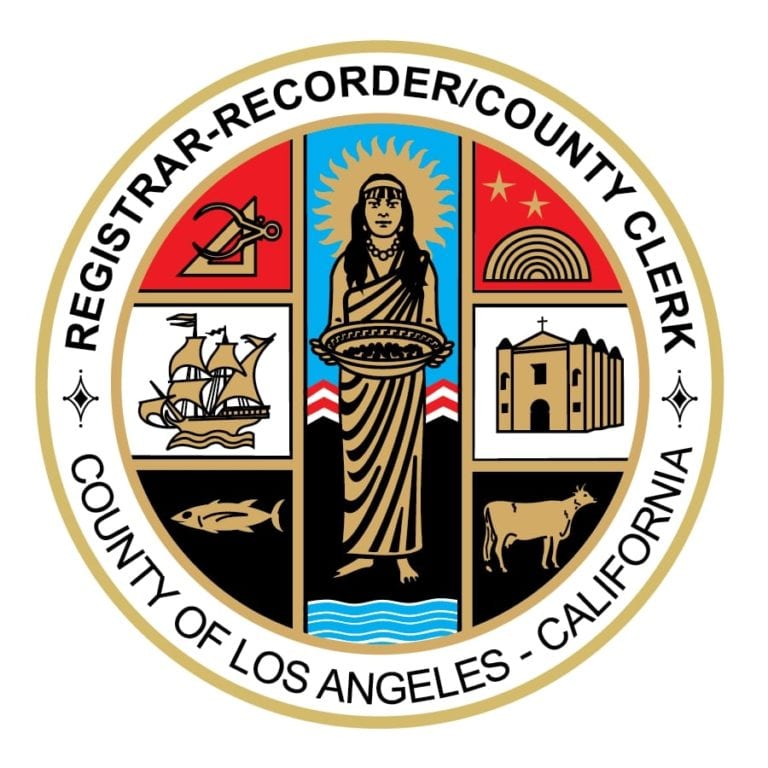Understanding the Franchise Tax Board (FTB) in California is essential for businesses and individuals who file taxes in the state. This government entity plays a pivotal role in managing tax-related matters and ensuring compliance with state tax laws. Whether you're a resident, business owner, or someone looking to understand California's tax structure, the FTB is a key player in the process.
The Franchise Tax Board is more than just a tax collection agency. It acts as a regulatory body that enforces tax laws, provides resources for taxpayers, and ensures the state's financial stability. For businesses operating in California, understanding the FTB's role and responsibilities is crucial for maintaining compliance and avoiding penalties.
This article delves into the intricacies of the Franchise Tax Board, its functions, and its significance in California's tax system. We'll explore how it impacts individuals and businesses, discuss common tax issues, and provide actionable insights to help you navigate the complexities of California taxation.
Read also:How Many Kids Does Eminem Have A Comprehensive Guide To Eminems Family Life
Table of Contents
- What is the Franchise Tax Board in California?
- Functions of the Franchise Tax Board
- The Tax Filing Process with the FTB
- Common Tax Issues with the FTB
- Business Tax Compliance in California
- Individual Taxpayer Responsibilities
- Penalties and Interest for Non-Compliance
- Resources and Support from the FTB
- Key Statistics About the Franchise Tax Board
- Conclusion and Next Steps
What is the Franchise Tax Board in California?
The Franchise Tax Board (FTB) in California is a state agency responsible for administering California's tax laws. Established in 1935, the FTB ensures that businesses and individuals comply with state tax regulations. Its primary role is to collect taxes, enforce tax laws, and provide resources to taxpayers.
Key responsibilities of the FTB include:
- Administering personal income tax, corporate tax, and franchise tax.
- Enforcing tax laws and collecting unpaid taxes.
- Providing taxpayer services, including guidance and support.
For businesses, the FTB is particularly important because it oversees the franchise tax, which is a fee imposed on corporations, LLCs, and other business entities for the privilege of doing business in California. Understanding the FTB's role is essential for ensuring compliance and avoiding penalties.
Functions of the Franchise Tax Board
Administering Tax Laws
The FTB administers various tax laws in California, including personal income tax, corporate tax, and franchise tax. It ensures that taxpayers meet their obligations by providing clear guidelines and enforcing compliance.
Collecting Taxes
One of the primary functions of the FTB is collecting taxes owed by individuals and businesses. This includes processing tax returns, issuing refunds, and collecting unpaid taxes.
Enforcing Compliance
The FTB enforces tax compliance through audits, penalties, and interest charges. It works to ensure that all taxpayers adhere to California's tax laws, which helps maintain the state's financial stability.
Read also:Unveiling The Secrets Behind Yg Net Worth A Comprehensive Guide
The Tax Filing Process with the FTB
Filing taxes with the Franchise Tax Board involves several steps. Individuals and businesses must submit their tax returns by the designated deadline, which is typically April 15th for personal income tax and March 15th for corporate tax.
Here’s a breakdown of the tax filing process:
- Prepare your tax return using the appropriate forms.
- Submit your return electronically or via mail.
- Pay any taxes owed or request a payment plan if necessary.
- Monitor your account for updates and communication from the FTB.
Common Tax Issues with the FTB
Unpaid Taxes
One of the most common issues taxpayers face is failing to pay their taxes on time. The FTB imposes penalties and interest on unpaid balances, which can quickly add up if not addressed promptly.
Tax Audits
The FTB conducts audits to verify the accuracy of tax returns. If discrepancies are found, taxpayers may be required to pay additional taxes, penalties, and interest.
Franchise Tax Compliance
Businesses must ensure they comply with franchise tax requirements. This includes filing annual returns and paying the minimum franchise tax of $800, even if the business has no taxable income.
Business Tax Compliance in California
Businesses operating in California must adhere to strict tax regulations enforced by the FTB. This includes:
- Filing annual tax returns.
- Paying franchise taxes on time.
- Maintaining accurate financial records.
Failure to comply with these requirements can result in penalties, audits, and legal action. Businesses should consult with tax professionals to ensure they meet all obligations.
Individual Taxpayer Responsibilities
Individuals residing in California must file personal income tax returns with the FTB. Key responsibilities include:
- Reporting all sources of income.
- Claiming applicable deductions and credits.
- Paying taxes owed by the deadline.
The FTB provides resources to help individuals understand their tax obligations and file accurately.
Penalties and Interest for Non-Compliance
The FTB imposes penalties and interest for late or non-payment of taxes. These penalties can include:
- Failure-to-file penalty: 5% of unpaid taxes for each month the return is late.
- Failure-to-pay penalty: 0.5% of unpaid taxes for each month the payment is late.
- Interest charges: Applied to unpaid balances at a rate determined by the FTB.
Avoiding these penalties requires timely filing and payment of taxes. Taxpayers who encounter difficulties should contact the FTB to discuss payment options.
Resources and Support from the FTB
The Franchise Tax Board offers a range of resources to assist taxpayers. These include:
- Online tools for filing and managing tax accounts.
- Guides and publications explaining tax laws and procedures.
- Customer service support through phone, email, and in-person assistance.
Taxpayers can also access the FTB's website for additional information and updates on tax regulations.
Key Statistics About the Franchise Tax Board
According to the FTB's annual reports, the agency collects billions of dollars in taxes each year. In 2022, the FTB processed over 17 million tax returns and issued refunds totaling $12 billion. These figures highlight the FTB's critical role in California's economy.
Additionally, the FTB conducts thousands of audits annually, recovering millions in unpaid taxes. These efforts help ensure that all taxpayers contribute fairly to the state's revenue.
Conclusion and Next Steps
Understanding the Franchise Tax Board in California is essential for anyone dealing with state taxes. Whether you're an individual taxpayer or a business owner, the FTB plays a vital role in administering and enforcing tax laws. By staying informed and compliant, you can avoid penalties and ensure a smooth tax-filing process.
We encourage you to take the following steps:
- Review your tax obligations and ensure compliance with FTB regulations.
- Utilize the resources provided by the FTB to simplify the tax-filing process.
- Consult with tax professionals if you need assistance or clarification.
Feel free to leave comments or questions below, and don't hesitate to share this article with others who may find it helpful. For more information on California taxes, explore our other articles and resources.
Data sources: Franchise Tax Board, California Department of Tax and Fee Administration.


